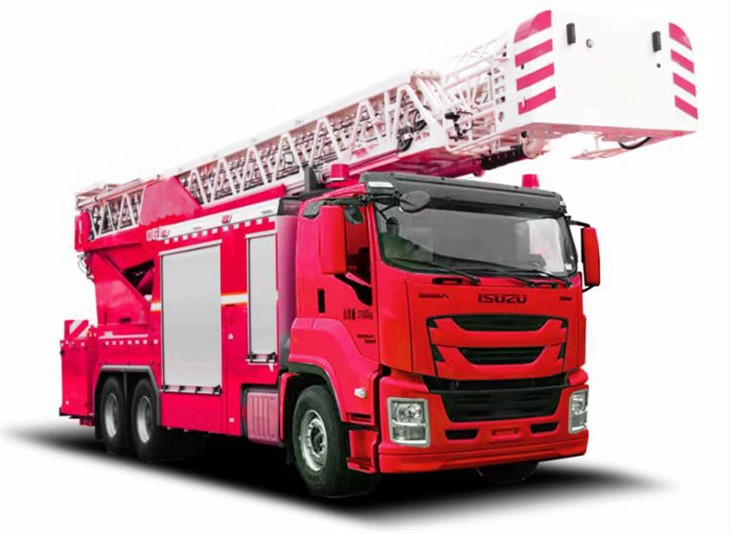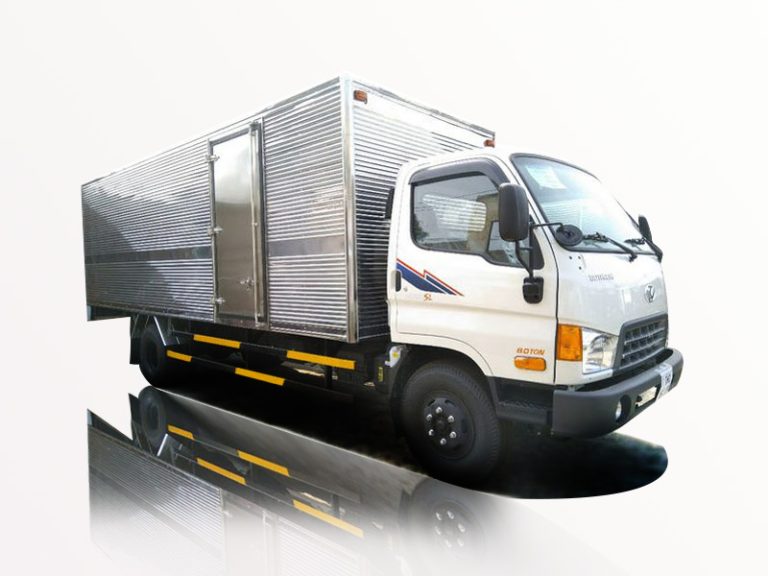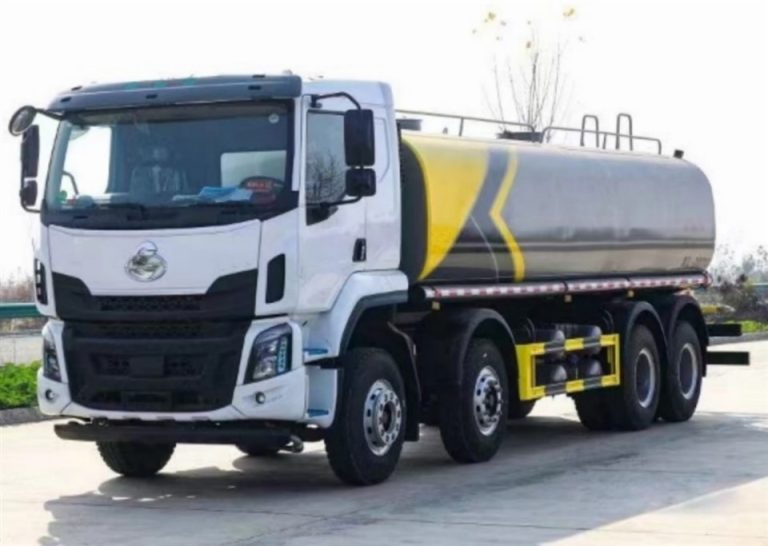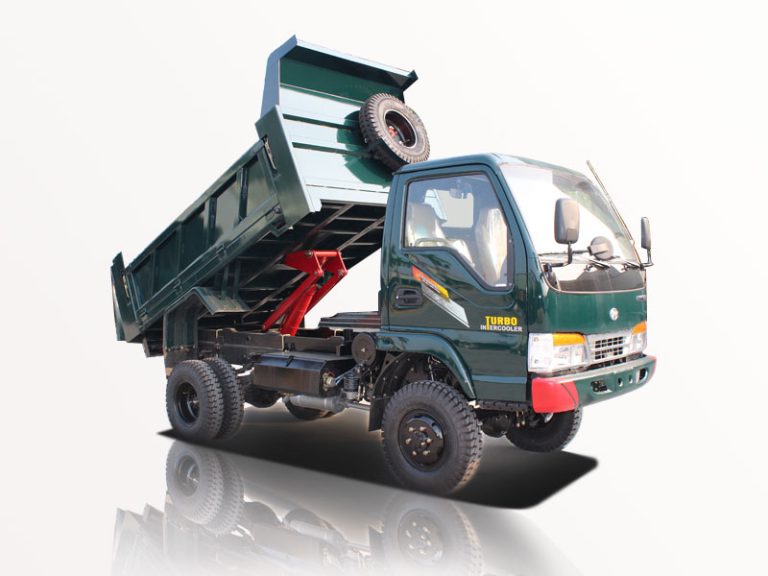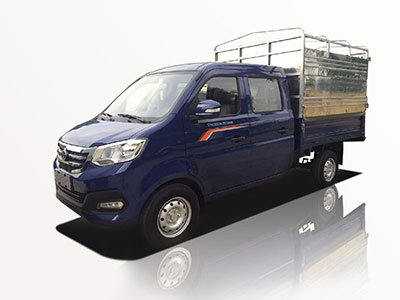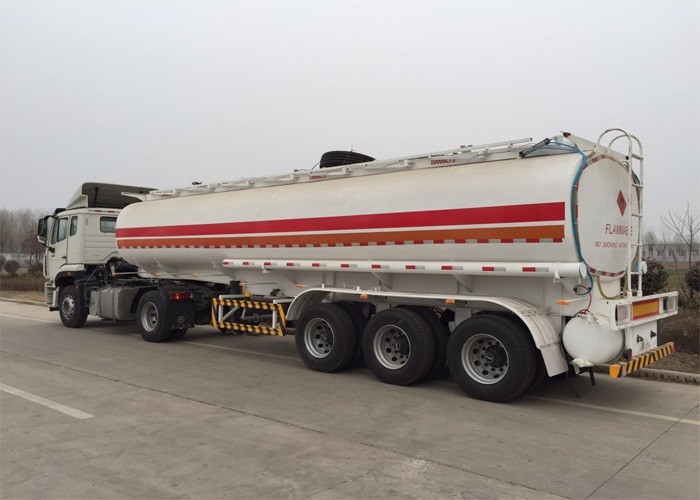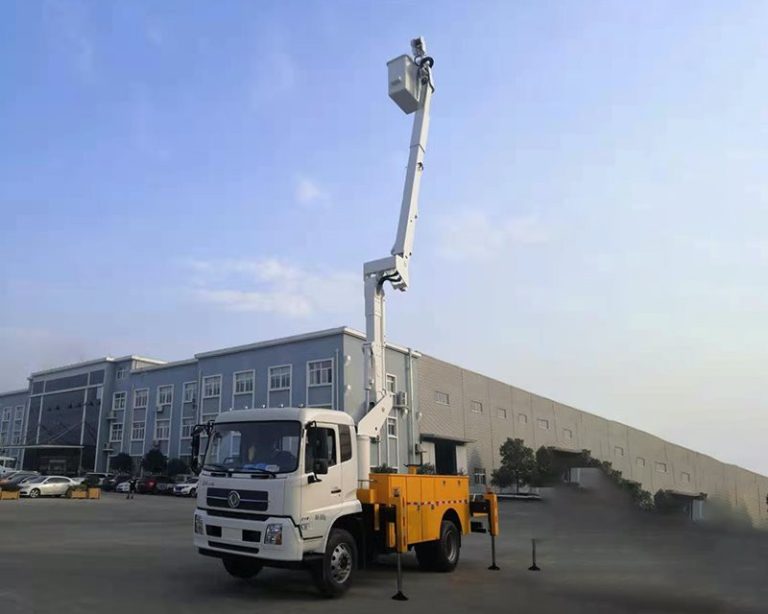Cement mixer trucks are essential for transporting ready-mixed concrete to various construction sites. Knowing the costs associated with these vehicles is crucial for contractors and businesses looking to invest in or hire them. In this in-depth guide, we will explore the factors influencing the cost of cement mixer trucks, typical price ranges, and tips for making an informed decision.
Table of Contents
- Factors Affecting the Cost of Cement Mixer Trucks
- Types of Cement Mixer Trucks
- Average Cost of Cement Mixer Trucks
- Cost-Benefit Analysis
- Financing Options
- Maintenance Costs
- Tips for Purchasing a Cement Mixer Truck
- Used vs. New Cement Mixer Trucks
- Frequently Asked Questions
Factors Affecting the Cost of Cement Mixer Trucks
When estimating the cost of a cement mixer truck, several factors come into play. Understanding these variables can help you make better financial decisions.
1. Truck Size and Capacity
The size and capacity of the truck significantly influence its price. Smaller trucks cost less than larger trucks designed for heavy-duty construction. Capacity is typically measured in cubic yards, with common sizes ranging from 6 to 14 cubic yards.
2. Equipment Quality and Features
Higher quality trucks with advanced features—such as automatic controls, backup cameras, and improved safety measures—will generally cost more. Brands known for their durability and reliability can also come with a heavier price tag.
3. Brand Reputation
The manufacturer’s reputation plays a crucial role in determining the price of cement mixer trucks. Well-known brands often command higher prices due to their established reliability and customer service.
4. New vs. Used
New cement mixer trucks are typically more expensive than used ones. However, considering the age, condition, and remaining warranty of used trucks is important for accurate cost assessment.
5. Location
Prices may vary significantly depending on geographical location. Urban areas may see higher prices due to increased demand and transportation costs.
Types of Cement Mixer Trucks
Different types of cement mixer trucks are available in the market, each suited for specific purposes.
1. Standard Drum Mixers
These are the most common types of mixer trucks. They have a rotating drum that combines concrete, water, and aggregates.
2. Volumetric Mixers
These trucks mix concrete on-site, allowing for precise control over the mix. They are versatile and can adapt to varying requirements.
3. Transit Mixers
Used mainly for transporting ready-mixed concrete, transit mixers keep the concrete in motion to prevent it from setting during transport.
4. Specialty Mixers
Specialty mixers are designed for particular applications, such as mixing concrete with additives or transporting cement slurry. Their cost may vary based on the engineering and design.
Average Cost of Cement Mixer Trucks
The cost of cement mixer trucks can vary widely based on several criteria. The following summarizes average prices based on type and condition.
| Type of Mixer Truck | New Average Price | Used Average Price |
|---|---|---|
| Standard Drum Mixer | $80,000 – $150,000 | $30,000 – $70,000 |
| Volumetric Mixer | $120,000 – $200,000 | $50,000 – $90,000 |
| Transit Mixer | $75,000 – $130,000 | $25,000 – $60,000 |
| Specialty Mixer | $90,000 – $160,000 | $40,000 – $80,000 |
Cost-Benefit Analysis
Conducting a cost-benefit analysis can provide insight into whether investing in a cement mixer truck is financially viable.
1. Initial Investment vs. Long-Term Usage
Consider how frequently you will use the mixer. If used regularly, purchasing may be more cost-effective than renting.
2. Maintenance Costs
Regular maintenance is crucial for operational efficiency. Account for potential repair and maintenance expenses over time.
3. Efficiency and Time Savings
Having your own cement mixer may lead to faster project completion, reducing labor costs and increasing profitability.
Financing Options
When the initial costs seem high, a variety of financing options exist to ease the purchasing process.
1. Bank Loans
Traditional bank loans can offer favorable interest rates for established businesses looking to invest in assets.
2. Equipment Financing
Specialized loans for purchasing equipment usually only require a down payment and can stretch over several years.
3. Leasing
Leasing options allow you to use a cement mixer truck without committing to a full purchase price, helping to preserve working capital.
Maintenance Costs
Maintenance is a crucial element that affects the long-term cost of ownership for cement mixer trucks.
1. Routine Maintenance
Regular cleaning and inspection help to avoid potential issues. Assess the cost of routine maintenance, which can range from $1,000 to $5,000 annually.
2. Unforeseen Repairs
Setting aside a budget for unexpected repairs ensures that minor issues are addressed before they escalate.
3. Replacement Parts
Understanding the average price of common replacement parts, such as drums and pumps, will contribute to overall maintenance cost assessment.
Tips for Purchasing a Cement Mixer Truck
When looking to purchase a cement mixer truck, consider the following tips to ensure you make a sound investment.
1. Research and Compare
Compare various brands and models online. Look for reputable dealers and read customer reviews to help narrow down your options.
2. Test Drive
Always test drive a potential purchase to check for performance, comfort, and ease of handling.
3. Inspect Thoroughly
For used trucks, conduct a thorough inspection to assess any physical damage or mechanical issues.
4. Review Warranty Options
A comprehensive warranty can provide peace of mind and protect your investment. Ensure you understand what is covered.
Used vs. New Cement Mixer Trucks
Deciding between a used or new cement mixer truck depends on various factors, including budget and intended use.
1. Advantages of New Trucks
- Modern technology and features
- Full warranty coverage
- Customization options
2. Advantages of Used Trucks
- Significantly lower initial cost
- Potential for quick availability
- May retain value better than new vehicles
Frequently Asked Questions
1. What is the average lifespan of a cement mixer truck?
On average, a cement mixer truck can last anywhere from 10 to 15 years, depending on maintenance and usage conditions.
2. How can I reduce the cost of owning a cement mixer truck?
Regular maintenance, adhering to service schedules, and choosing the right financing options can minimize overall ownership costs.
3. Are financing options available for startups?
Some financing companies offer options tailored to startups and new businesses, ensuring accessibility for those who can’t afford the full upfront costs.
4. Is it more cost-effective to rent or buy a cement mixer truck?
This depends on usage frequency. If you have ongoing projects, buying may be more economical; otherwise, renting could be a better option.
5. Can I modify a used cement mixer truck?
Yes, many used cement mixer trucks can be modified to suit specific needs, but ensure to consult with an expert before making changes.
6. What should I look for when buying a used cement mixer truck?
Inspect the truck’s overall condition, check maintenance records, evaluate its performance history, and ensure that safety features are intact.
